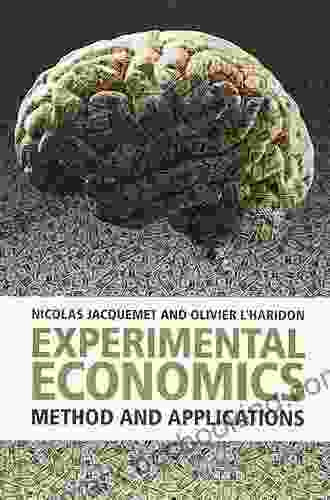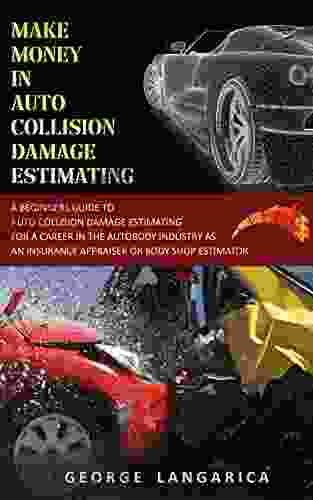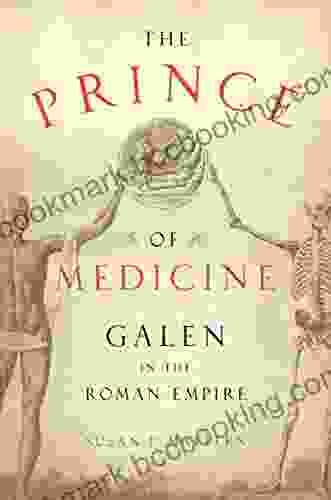Unveiling the Intriguing World of Experimental Economics: Methods and Applications

4.7 out of 5
| Language | : | English |
| File size | : | 12030 KB |
| Text-to-Speech | : | Enabled |
| Enhanced typesetting | : | Enabled |
| Word Wise | : | Enabled |
| Print length | : | 474 pages |
| Screen Reader | : | Supported |
| X-Ray for textbooks | : | Enabled |
Experimental economics, a mesmerizing blend of economic theory and empirical experimentation, has emerged as an indispensable tool for deciphering the intricate workings of human behavior within the economic sphere. This captivating field seamlessly merges controlled laboratory experiments with economic principles, offering unprecedented insights into the decision-making processes of individuals and groups.
Experimental Economics Methods
The methodologies employed in experimental economics are meticulously designed to isolate and analyze specific economic phenomena. Researchers meticulously create controlled environments, such as laboratory settings or online platforms, where participants engage in economic games or decision-making tasks. These experiments enable researchers to manipulate variables systematically, observe the subsequent behaviors, and draw inferences about the underlying economic principles.
Laboratory Experiments
Laboratory experiments, conducted in controlled settings, provide a highly structured environment for isolating and examining specific economic behaviors. Participants are typically recruited from university student populations or other representative samples. The experimenter carefully designs the experimental protocol, including the game or task, the rules, and the incentives for participation. By meticulously controlling the experimental conditions, researchers can eliminate confounding factors and isolate the effects of specific variables.
Online Experiments
Online experiments, conducted using internet-based platforms, offer a wider reach and increased participant diversity. Participants can access the experiments remotely, allowing for larger sample sizes and greater geographical representation. Online experiments often employ similar game-theoretic or decision-making tasks as laboratory experiments, leveraging the convenience and flexibility of online platforms.
Field Experiments
Field experiments venture beyond controlled laboratory settings into real-world environments. Researchers design experiments that are embedded in natural or pre-existing economic contexts, such as markets or workplaces. This approach provides a unique opportunity to study economic behavior in more naturalistic settings and observe how individuals respond to incentives and constraints in actual economic situations.
Applications of Experimental Economics
The applications of experimental economics extend far beyond the confines of academia, reaching into diverse fields and providing valuable insights for policymakers, business leaders, and economists.
Testing Economic Theories
Experimental economics offers a rigorous platform for testing and refining economic theories. Researchers can design experiments that directly test the predictions of economic models, assessing their accuracy and identifying areas for improvement. Experimental findings have contributed significantly to our understanding of phenomena such as competition, cooperation, altruism, and risk-taking.
Policy Evaluation
Experimental economics has become an essential tool for policymakers seeking to evaluate the potential impact of proposed policies. By simulating policy changes in controlled experiments, researchers can predict how individuals and groups will respond, providing valuable evidence for informed decision-making. Experiments have been used to evaluate policies related to taxation, healthcare, education, and environmental regulation.
Business Strategy
Experimental economics offers insights that can guide business strategies in competitive markets. Researchers can design experiments to test the effectiveness of advertising campaigns, pricing strategies, and product designs. The resulting findings can help businesses optimize their strategies for maximum impact and profitability.
Understanding Human Behavior
At its core, experimental economics seeks to understand the fundamental drivers of human behavior in economic contexts. Experiments provide a unique window into the cognitive and emotional processes that shape our economic decisions. Researchers have used experimental methods to study topics such as trust, fairness, reciprocity, and the influence of social norms.
Experimental economics has emerged as a powerful tool for investigating the complex interplay between economic theory and human behavior. Its rigorous methods and diverse applications have revolutionized our understanding of economic decision-making, providing invaluable insights for policymakers, businesses, and social scientists alike. As experimental economics continues to evolve, we can anticipate even more groundbreaking discoveries that will continue to shape our understanding of the economic world.
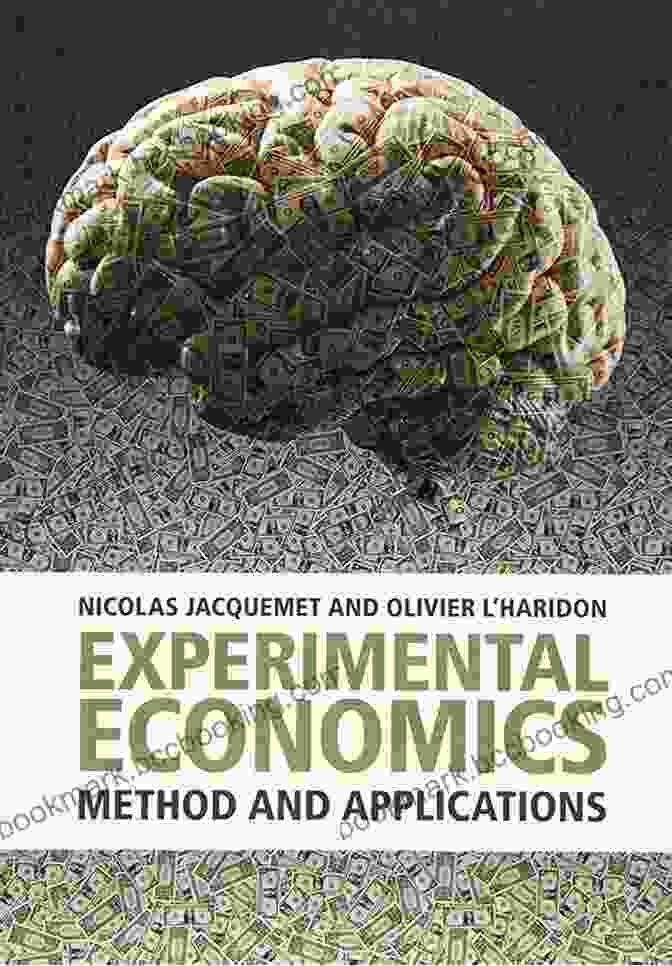
Image: Experimental economics methods and applications
4.7 out of 5
| Language | : | English |
| File size | : | 12030 KB |
| Text-to-Speech | : | Enabled |
| Enhanced typesetting | : | Enabled |
| Word Wise | : | Enabled |
| Print length | : | 474 pages |
| Screen Reader | : | Supported |
| X-Ray for textbooks | : | Enabled |
Do you want to contribute by writing guest posts on this blog?
Please contact us and send us a resume of previous articles that you have written.
 Book
Book Novel
Novel Page
Page Chapter
Chapter Text
Text Story
Story Genre
Genre Reader
Reader Library
Library Paperback
Paperback E-book
E-book Magazine
Magazine Newspaper
Newspaper Paragraph
Paragraph Sentence
Sentence Bookmark
Bookmark Shelf
Shelf Glossary
Glossary Bibliography
Bibliography Foreword
Foreword Preface
Preface Synopsis
Synopsis Annotation
Annotation Footnote
Footnote Manuscript
Manuscript Scroll
Scroll Codex
Codex Tome
Tome Bestseller
Bestseller Classics
Classics Library card
Library card Narrative
Narrative Biography
Biography Autobiography
Autobiography Memoir
Memoir Reference
Reference Encyclopedia
Encyclopedia Jen Lancaster
Jen Lancaster Jeromy Hopgood
Jeromy Hopgood Marck Vaisman
Marck Vaisman Jemma Westbrook
Jemma Westbrook John Grier Varner
John Grier Varner Ronald Whitchurch
Ronald Whitchurch Johanna Silver
Johanna Silver Jeri A Milstead
Jeri A Milstead Pablo Hidalgo
Pablo Hidalgo Jim Kristofic
Jim Kristofic Pam Grier
Pam Grier Jennie Batchelor
Jennie Batchelor Kendra Tierney
Kendra Tierney Tom Neal
Tom Neal Jerry Rudd
Jerry Rudd Jhumpa Lahiri
Jhumpa Lahiri Shari Blaukopf
Shari Blaukopf John Kellmayer
John Kellmayer Jeremy Griffith
Jeremy Griffith Jeffrey T Richelson
Jeffrey T Richelson
Light bulbAdvertise smarter! Our strategic ad space ensures maximum exposure. Reserve your spot today!

 John MiltonNotes On The Art Of Surgery Harvest Book: The Ultimate Companion for Surgical...
John MiltonNotes On The Art Of Surgery Harvest Book: The Ultimate Companion for Surgical... Fyodor DostoevskyFollow ·16.8k
Fyodor DostoevskyFollow ·16.8k Elmer PowellFollow ·2.3k
Elmer PowellFollow ·2.3k Blake KennedyFollow ·7.2k
Blake KennedyFollow ·7.2k Harvey HughesFollow ·19.8k
Harvey HughesFollow ·19.8k Dawson ReedFollow ·12k
Dawson ReedFollow ·12k Craig BlairFollow ·5.6k
Craig BlairFollow ·5.6k Michael ChabonFollow ·18.9k
Michael ChabonFollow ·18.9k Jonathan HayesFollow ·10.4k
Jonathan HayesFollow ·10.4k
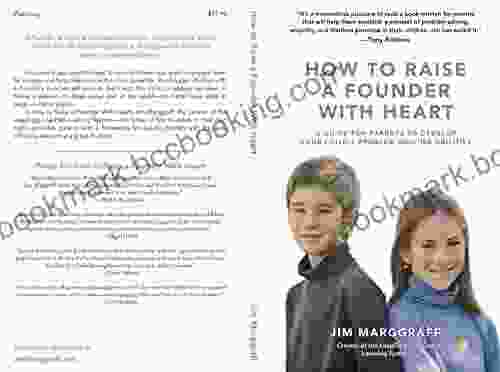
 Patrick Rothfuss
Patrick RothfussGuide for Parents: Unlocking Your Child's Problem-Solving...
As a parent, you...
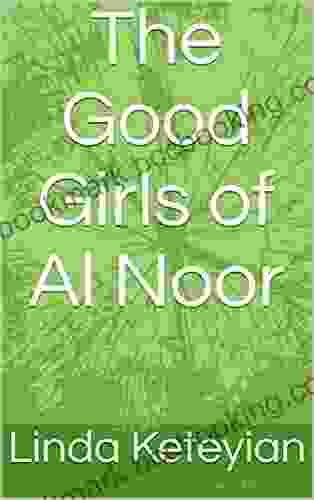
 Ignacio Hayes
Ignacio HayesThe Good Girls of Al Noor: A Gripping Tale of Hope and...
On March 15, 2019, a...

 Lee Simmons
Lee Simmons50 Games and Activities for All the Turkeys at Your...
Thanksgiving is a time for family, friends,...
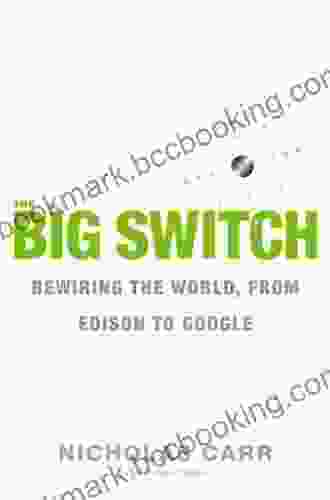
 Sean Turner
Sean TurnerRewiring the World: From Edison to Google - The...
A Captivating...
4.7 out of 5
| Language | : | English |
| File size | : | 12030 KB |
| Text-to-Speech | : | Enabled |
| Enhanced typesetting | : | Enabled |
| Word Wise | : | Enabled |
| Print length | : | 474 pages |
| Screen Reader | : | Supported |
| X-Ray for textbooks | : | Enabled |


